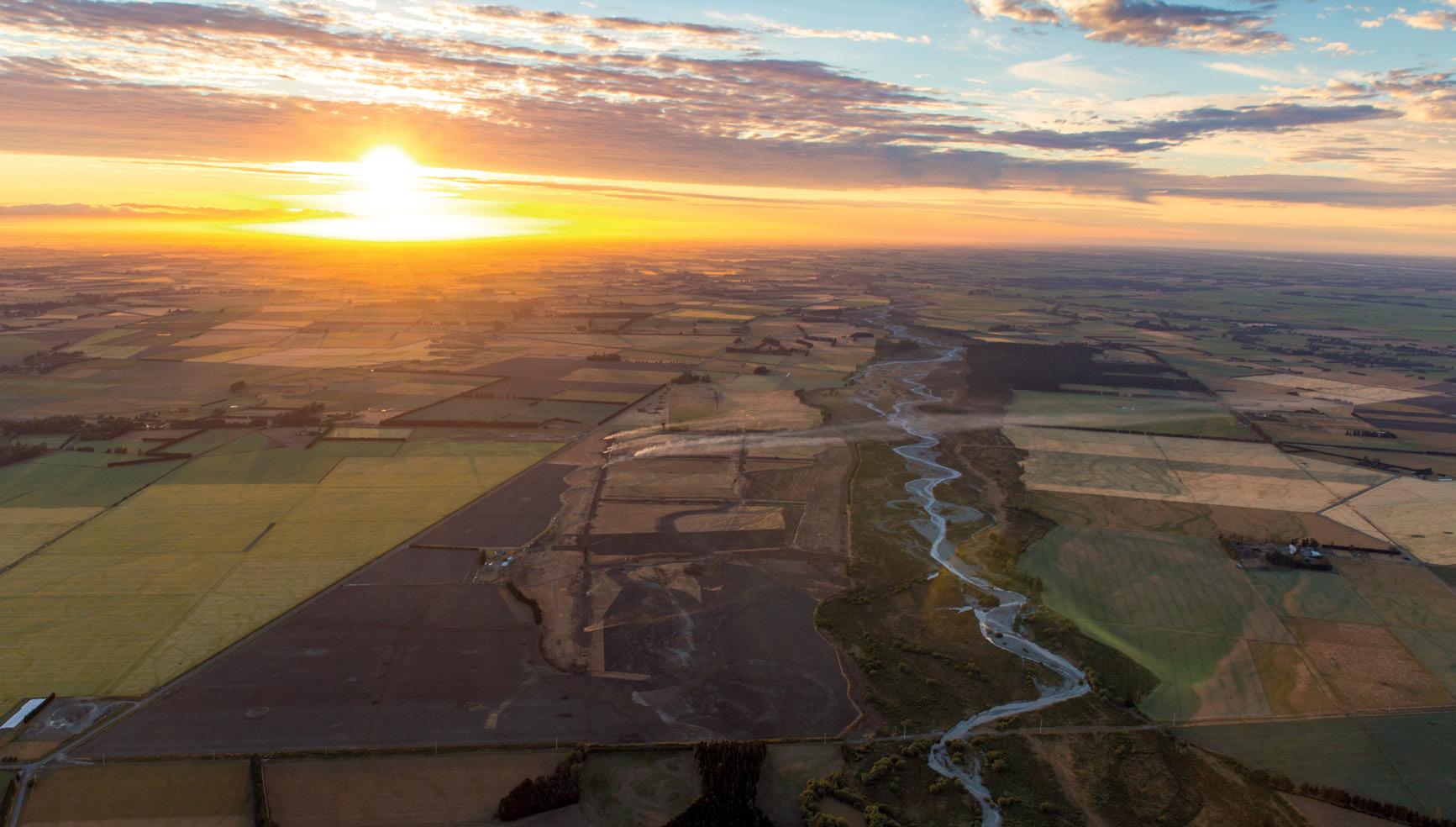
2 minute read
Change is a certainty – it can be hard to prepare for it
Winter is most certainly upon us and so is preparation for the upcoming election. We have had record levels of inflation, spiralling costs impacting farming and growing, and more uncertainty than I can recall. Not only are we contending with war in Europe, the impact of a pandemic, and an uncertain financial climate, we are also facing an uncertain political climate and international marketplace.
No matter what happens next season we will be facing a new government – either one that is more left-of-centre or one that is more right-of-centre than the government we have had for the past six years. While people say change is a certainty, it’s very hard to prepare for. It creates fear and mistrust – especially where there is a vacuum of communication and a lack of policies being discussed.
Advertisement
We are gearing up for this election by writing a manifesto to explain to all the parties what we are needing for the irrigation sector. This will be published in our next edition, which will also include political party farming policies from each of the main parties that are expected to get a seat in parliament. We want you to be as informed as you can be.
One thing we should all remember is that change is inevitable, and with change can come both challenge and opportunity. There are many challenges across the sectors, including using fertiliser and water more efficiently, keeping impacts low and growing profitably in a high-cost time, and getting ahead of consumer demands, including those buying our products overseas. Signals are not always clear, and distance makes it hard to really understand what consumers are wanting to see in their products.
Recent trade agreements show a desire for a move toward more sustainability, improvements in greenhouse gas levels, and higher animal welfare standards, and we are trying to compete at the top end of the value chain. This comes at the same time as new regulations are implemented locally. Sometimes those local implementations are not going to achieve the outcomes consumers want. Getting closer to the end buyer is a good way to understand the required direction, and then it’s important to be part of the local solution (policy) making body. We find this with a lot of the work we do in Wellington – the intentions and the outcomes we mainly can agree upon, but the proposed method and frameworks to get there don’t always appear practical or logical to us, and most often don’t work in a farm systems approach. It’s our job to educate and to find practical options that farmers and growers can implement.
Given all this local and international change, and the surrounding confusion and uncertainty, it’s important that you stay in touch with us and your other representative bodies and keep up-to-date on their latest activity. Do your own investigations and talk to people you trust. Get involved with your neighbours and if you are part of a scheme or other type of collective, use it. These groups are well-resourced and connected and can help you navigate uncertainty and put you in touch with others. We are lucky to have many cooperative organisations and structures that are there to give a hand.
Let’s be prepared for the opportunities that change can bring.

